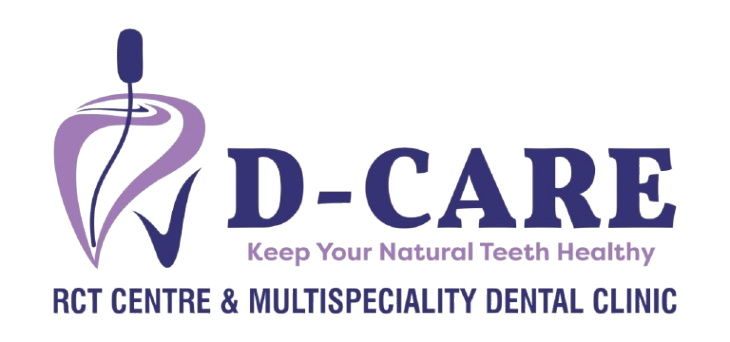Teeth in Space: How Astronauts Manage Oral Hygiene
by Dcare | Jan 09, 2025 | Dentistry

When we think about space exploration, images of astronauts floating weightlessly and breathtaking views of the Earth come to mind. But have you ever wondered how astronauts maintain basic hygiene, like taking care of their teeth, in the microgravity environment of space? Oral hygiene in space may seem simple, but it comes with unique challenges and adaptations that go beyond your everyday routine on Earth.
Let us explore how astronauts keep their teeth clean in space and why it is so important.
The Challenges of Oral Hygiene in Space
On Earth, maintaining oral hygiene is straightforward: brush your teeth, rinse, spit, and you are done. In space, things work a little differently because of microgravity. Here is why:
- No Sinks in Space: On the International Space Station (ISS), there are no traditional sinks where astronauts can rinse and spit water after brushing their teeth. In microgravity, liquids do not flow downwards or stay in a basin—they float around in little blobs.
- Water and Fluids Behave Differently: Because there is no gravity to pull liquids into a drain, rinsing and spitting can be tricky. Water and toothpaste do not drip off a toothbrush or fall into a sink; they float. Astronauts must adapt their brushing and rinsing methods to prevent liquids from floating away and contaminating the station.
- Waste Management: Spitting out toothpaste into the air or onto surfaces could pose a cleanliness and health risk. Thus, astronauts must get creative when managing their oral care waste.
How Do Astronauts Brush Their Teeth in Space?
Despite these challenges, astronauts still manage to keep their teeth clean in space using some clever techniques and special tools:
- Space Toothbrush: Astronauts use a regular toothbrush—just like the ones we use on Earth. However, they take care to control the amount of water they use, ensuring that it does not float away. They can squeeze small amounts of water from a pouch to dampen their toothbrush.
- No-Rinse Toothpaste: One key difference in space is the toothpaste astronauts use. Many use a special no-rinse toothpaste that can be safely swallowed after brushing. This eliminates the need to spit and allows astronauts to maintain oral hygiene without creating messy blobs of toothpaste in the cabin.
- Controlled Water Usage: Instead of rinsing their mouth with a cup of water, astronauts often use water pouches to squeeze a small amount of water into their mouth. This prevents the water from floating away and makes it easier to clean their teeth without needing to spit.
- Swallowing or Wiping Away: After brushing, astronauts can either swallow the toothpaste or spit it into a cloth or napkin, which they can then dispose of in the station’s waste management system. This ensures that nothing harmful or unsanitary floats around the spacecraft.
Why Is Oral Hygiene So Important in Space?
Oral hygiene is crucial on Earth, but it is even more important in space for several reasons:
- Limited Access to Dental Care: In space, astronauts do not have access to professional dental services. A cavity, toothache, or gum infection could lead to serious health issues, so preventing these problems with proper oral care is essential. Astronauts are trained to handle minor medical emergencies, but avoiding dental problems through regular care is the best strategy.
- Long-Duration Missions: As space missions become longer, such as future trips to Mars, the need for good oral hygiene becomes even more critical. A dental emergency during a long mission could be both painful and dangerous, as astronauts would be far from Earth and medical help.
- Overall, Health: Oral health is closely linked to overall health. Gum disease and tooth decay can lead to systemic health issues, and in space, where astronauts are already dealing with the challenges of living in a confined environment, maintaining optimal health is vital.
Future Innovations in Space Dentistry
As space exploration advances, so do the technologies supporting astronauts’ health. NASA and other space agencies are constantly looking for new ways to improve hygiene in space. Future long-duration missions may require more advanced dental tools and even portable dental kits for emergencies.
For example, 3D printing technology is being explored to create medical and dental tools on-demand in space. This could be especially useful on missions to Mars or beyond, where astronauts might need dental care that goes beyond basic oral hygiene practices.
Oral hygiene is a small but important part of keeping astronauts healthy during their missions. Despite the challenges posed by microgravity, astronauts have adapted their routines to maintain clean teeth and gums in space. With no-rinse toothpaste, creative waste management, and the discipline to follow good hygiene habits, astronauts keep their smiles bright—even in the vastness of space.
As we prepare for future space exploration, including potential missions to Mars, oral hygiene will remain a key part of ensuring astronauts’ well-being on long journeys through the cosmos.
Until the next time
-D-Care
